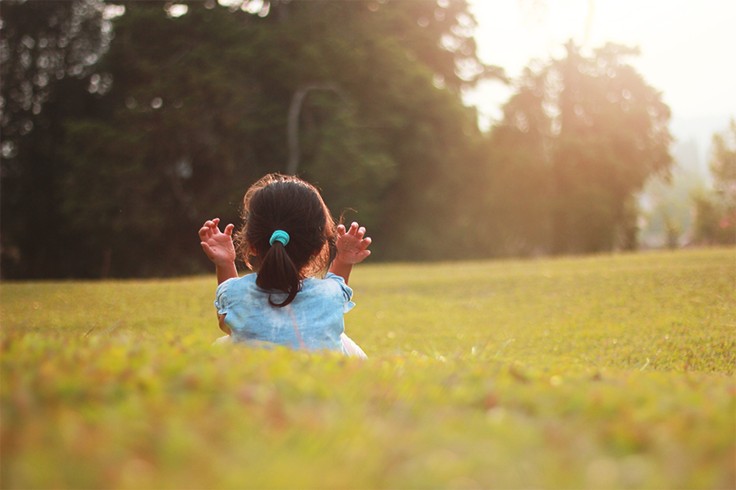
One of the most amazing and treasured moments when your baby is growing up is when they start to have teeth. You might be surprised to feel something sharp when your little one bites you, but teething is a normal thing.
However, there are certain symptoms that you need to keep in mind in order to determine if your baby is almost teething. Some mothers out there tend to freak out if their babies start to have coughs and colds, but before you panic, check their gums first. If you happen to see some bumps and some teeth popping out, those coughs and colds are perfectly normal.
However, keep in mind that babies have their own experience when they teeth. Some show symptoms, others don't. But regardless if they show symptoms or not, it is important for mothers to be aware of the possible symptoms and signs of a baby teething. It is also important for mothers to know what to do about it, what home remedies can you use, or what other preparation you should do when this development stage is occurring with your child.
But before we hop to the teething symptoms, let's discuss first when to expect our babies to begin teething.
When Do Babies Start Teething?
Mostly, babies start to pop a tooth as early as two to three months old. However, there are babies that tooth late, sometimes during their sixth month. When they are six-months-old, they start to pop out teeth and might have pearly white appearances on their gums. Teething depends on how fast their development is, some might teeth early and some might not have teeth until their first birthday. To sum it all up, a baby's teething period can start anytime.
Teething Symptoms You Should Know
If you don't know how to spot if your baby is already teething, here are some symptoms that you can check. If they happen to experience these, it might be possible that your baby is already teething. Here are the common teething symptoms:
Teething rash. This happens when the baby drools more than they usually do. The constant saliva drip will cause redness, chapping, and rashes around the baby's mouth. Whenever your baby is experiencing excessive drooling, it is important to pat it off with a clean cloth to avoid infecting the skin.
Biting. This is the most common symptom for teething babies. When babies bite with more pressure, it is possible that they are already teething, because the popping teeth will eventually make them uncomfortable, thus, painful or itchy, so they tend to bite into almost anything. If your baby starts to bite into things, avoid giving them hard toys because it may damage their baby teeth.
Coughs and colds. Some babies would feel under the weather if they are teething. This includes coughing and signs of mild colds or flu. If your baby happens to have caught a flu or cold, don't panic. Check their gums first and see if there are any teeth popping out.
Not eating that much. Since teething can be uncomfortable for the baby's gums, they might tend to eat less than usual. Avoid giving them solid foods when they are teething but instead, give them soft foods that they can take. It is also your option to bring your baby to their pediatrician for food advice on teething babies.
Excessive crying. Some babies will cry endlessly because of the inflammation in their gum that causes the pain. This will cause them to whine and feel cranky, so expect a lot of crying when they are teething because it really does hurt them. Talk to your baby's doctor for pain relievers that your baby can take while they are teething.